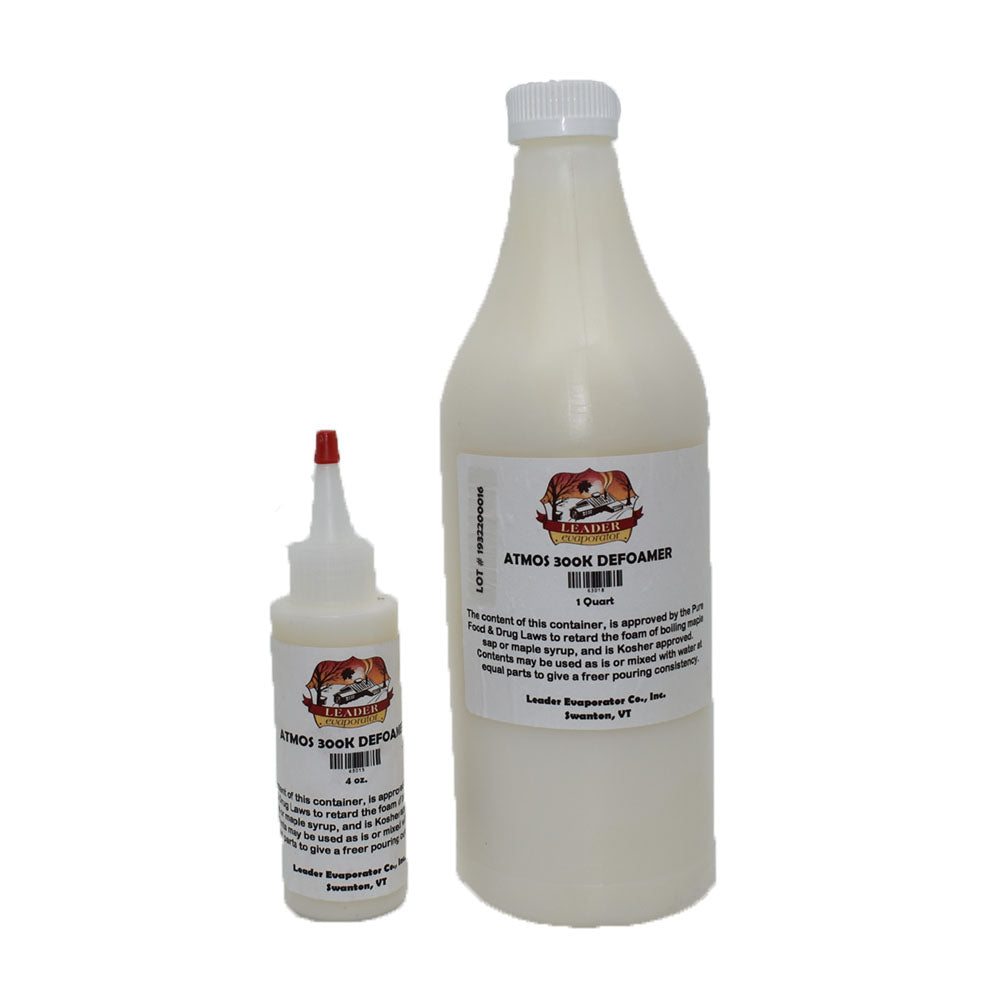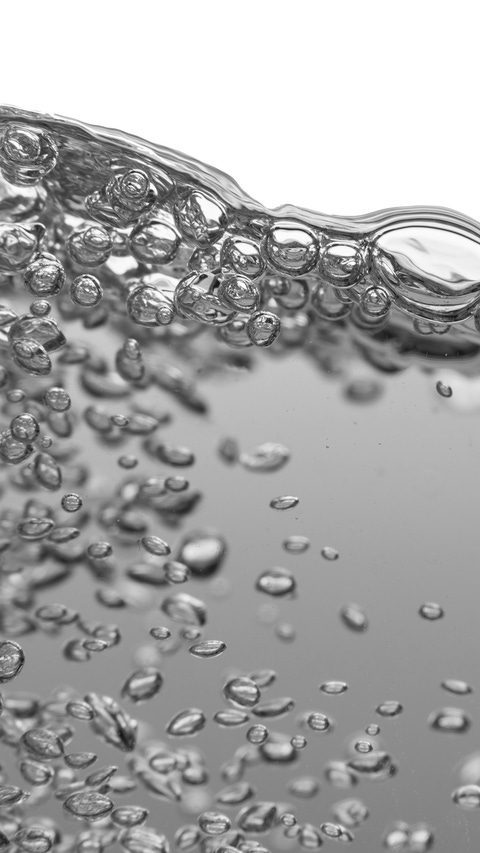Why Defoamers Are Essential in Water Treatment and Waste Management
Why Defoamers Are Essential in Water Treatment and Waste Management
Blog Article
The Duty of Defoamers in Enhancing Item Quality and Performance
In various producing processes, the visibility of foam can significantly impede product high quality and functional efficiency. Defoamers work as important additives that alleviate this concern, ensuring smoother production workflows while improving the functional and visual attributes of the final items (defoamers). Their application extends a wide variety of markets, from food and drink to pharmaceuticals, where consistency and dependability are paramount. The selection of the suitable defoamer can be essential to achieving optimum results, elevating vital questions regarding solution compatibility and performance metrics that warrant more expedition.
Comprehending Defoamers
Recognizing the duty of defoamers is necessary for keeping item top quality throughout numerous industries. Defoamers are chemical additives created to reduce and stop the development of foam in liquid systems, which can negatively affect procedures such as mixing, filling, and surface area tension. Lathering can cause inefficiencies, product problems, and jeopardized visual allure, making defoamers a vital part in making procedures.
In commercial applications, defoamers aid to enhance item consistency and stability. In the paint and finishings sector, foam can conflict with the application procedure and the last surface. Similarly, in food and beverage production, extreme foam can impede bottling and packaging efficiency (defoamers). The reliable use of defoamers not just makes certain smoother production procedures but likewise adds to premium product efficiency.
In addition, the option and formula of a defoamer should align with certain application requirements, such as compatibility with other components, efficiency under differing temperature and pH conditions, and potential governing constraints. Ultimately, recognizing defoamers' functions and their significance in numerous formulas is essential for maximizing production and making sure the finest quality final result.
Sorts Of Defoamers
Defoamers can be classified into a number of types based on their composition and mechanism of action. The main types consist of silicone-based, non-silicone organic, and not natural defoamers.
Silicone-based defoamers are among the most effective, mainly due to their ability to spread out rapidly on the liquid surface and interrupt foam formation. Their one-of-a-kind chemical structure enables for exceptional stability, making them appropriate for high-temperature applications and environments with differing pH levels.
Non-silicone organic defoamers, frequently made up of natural oils or fats, are valued for their biodegradability and lower toxicity. These are commonly made use of in food and beverage applications where safety and security and ecological influence are critical.
Inorganic defoamers, which include compounds like talc or calcium carbonate, act by boosting the thickness of the liquid, thereby decreasing foam stability. They are commonly used in industrial processes where compatibility with various other materials is not a problem.
Each kind of defoamer has unique benefits and constraints, permitting for tailored solutions depending upon the details frothing problems encountered in different applications. Recognizing these distinctions is essential for optimizing performance and accomplishing wanted product top quality.
Applications Throughout Industries
Countless industries leverage defoamers to enhance item top quality and operational effectiveness. In the food and drink field, defoamers are crucial in processes such as developing and dairy products production to avoid foam formation, which can cause inadequacies and item disparity. By regulating foam, manufacturers can ensure much better return and an extra consistent product.
In the pharmaceutical industry, defoamers play a crucial function in the formula of liquid medicines, where extreme foam can hinder mixing and precise dosing. Their use aids keep the honesty of the formulas and promotes smoother production procedures.
The paint and finishings market additionally depends on defoamers to improve the performance of items throughout application. By minimizing foam, these additives visit homepage guarantee a smoother coating and enhance the visual qualities of the final item.

Advantages of Utilizing Defoamers
While the application of defoamers differs across markets, their benefits regularly improve product quality and process performance. One considerable benefit is the decrease of foam development throughout producing processes, which can otherwise cause manufacturing delays and variances in product quality. By lessening foam, defoamers allow a smoother circulation of materials, helping with much more efficient procedures and decreasing the see this page chance of devices malfunctions.
In addition, making use of defoamers can boost the look and texture of end products. In markets such as layers, paints, and food processing, too much foam can jeopardize the visual aesthetics and total high quality, while the ideal defoamer application guarantees a consistent coating and desirable characteristics. Defoamers can add to cost savings by reducing waste during manufacturing and optimizing the usage of raw products.

Choosing the Right Defoamer
Choosing the best defoamer is important for optimizing manufacturing procedures and making certain product top quality. The choice of defoamer influences not only the performance of foam control yet likewise the total efficiency characteristics of the last product. Factors to consider include the kind of application, the chemistry of the formulation, and the ecological conditions under which the item will certainly be made use of.
Various sectors may need details defoamer types, such as silicone-based, natural, or polymeric defoamers. Recognizing the compatibility of the defoamer with the main active ingredients is necessary to stay clear of adverse responses that might compromise product honesty. Additionally, the defoamer's performance in different temperatures and pH degrees need to be evaluated to ensure constant performance.
Examining the defoamer in small-scale applications can provide useful insights into its efficiency and suitability. Consideration of regulative compliance, especially in food, drugs, and cosmetics, is critical in picking a defoamer. Ultimately, an extensive analysis of these aspects will certainly bring about the choice of a defoamer that not only manages foam efficiently however likewise improves the high quality and performance of the final product.
Verdict

In verdict, defoamers are crucial additives that significantly boost product high quality and efficiency throughout various industries. The strategic option and application of defoamers lead to set you back financial savings, enhanced resource use, and raised consumer contentment.
Lathering can lead to ineffectiveness, product defects, and endangered visual appeal, making defoamers a vital element in manufacturing procedures.

Report this page